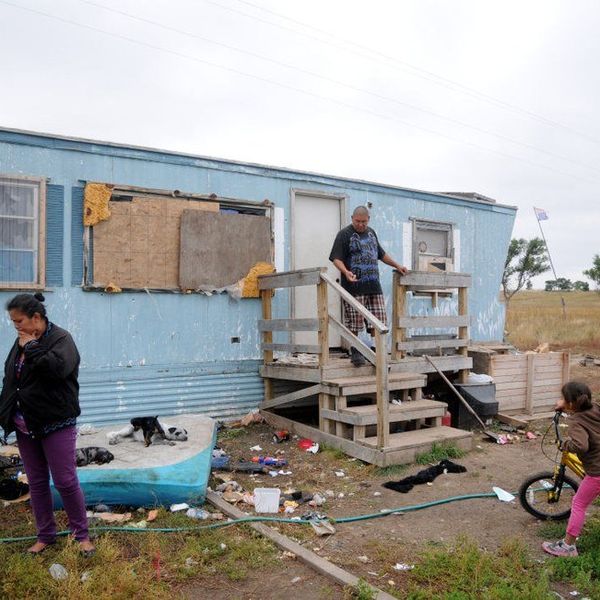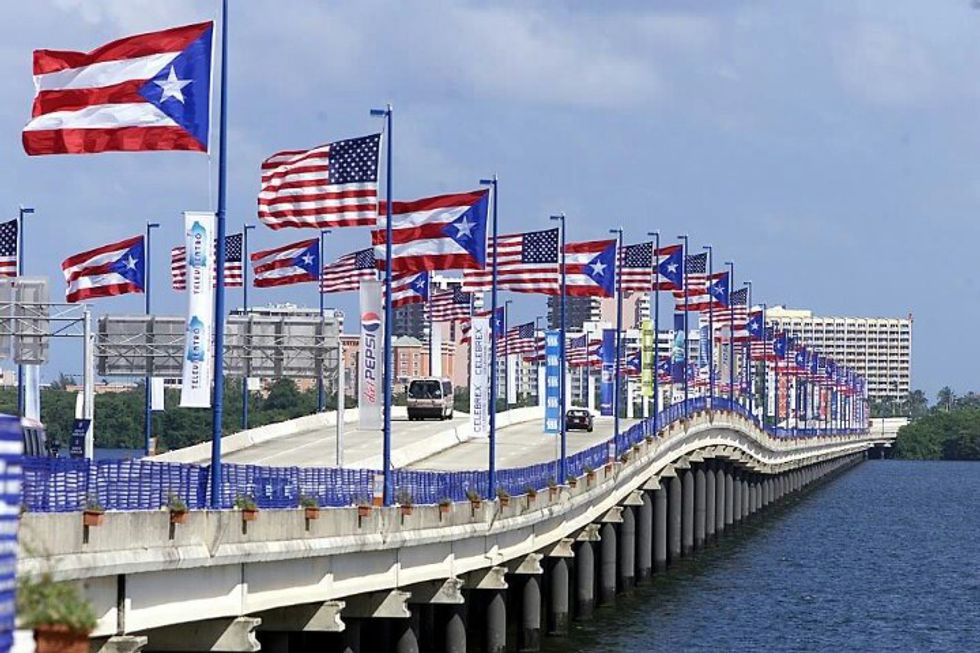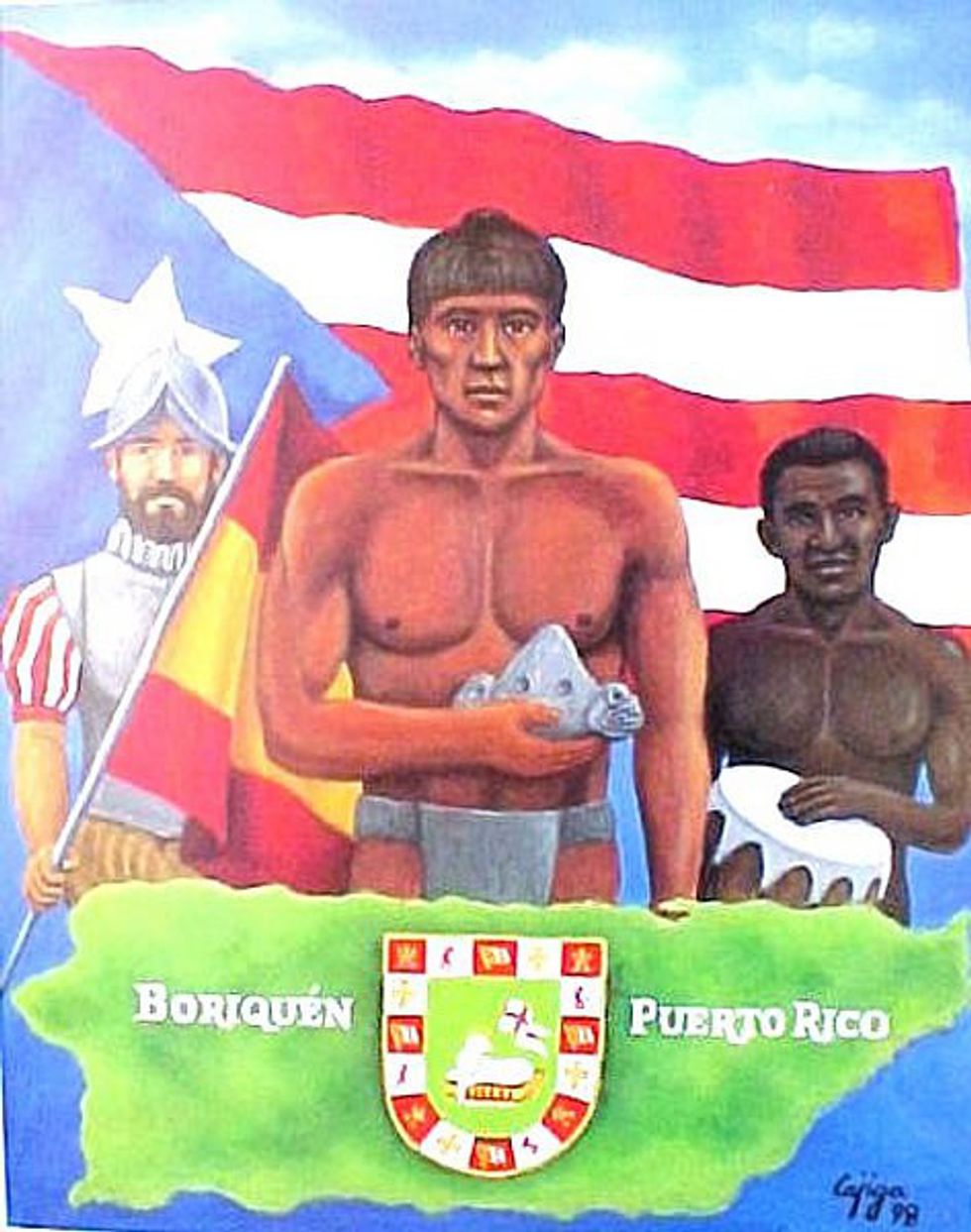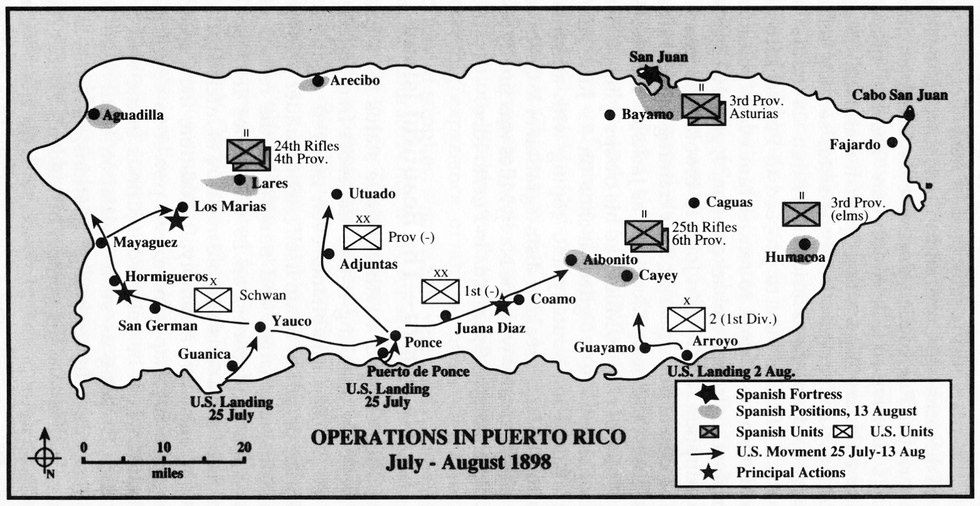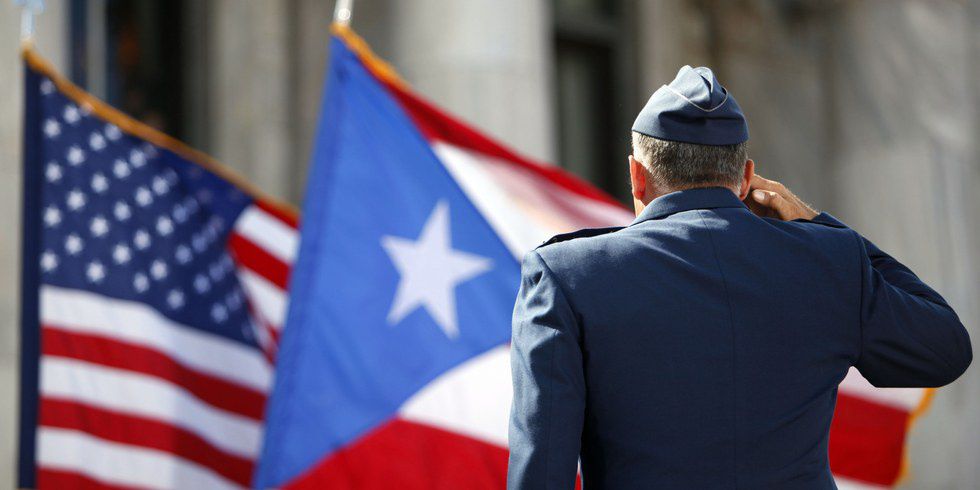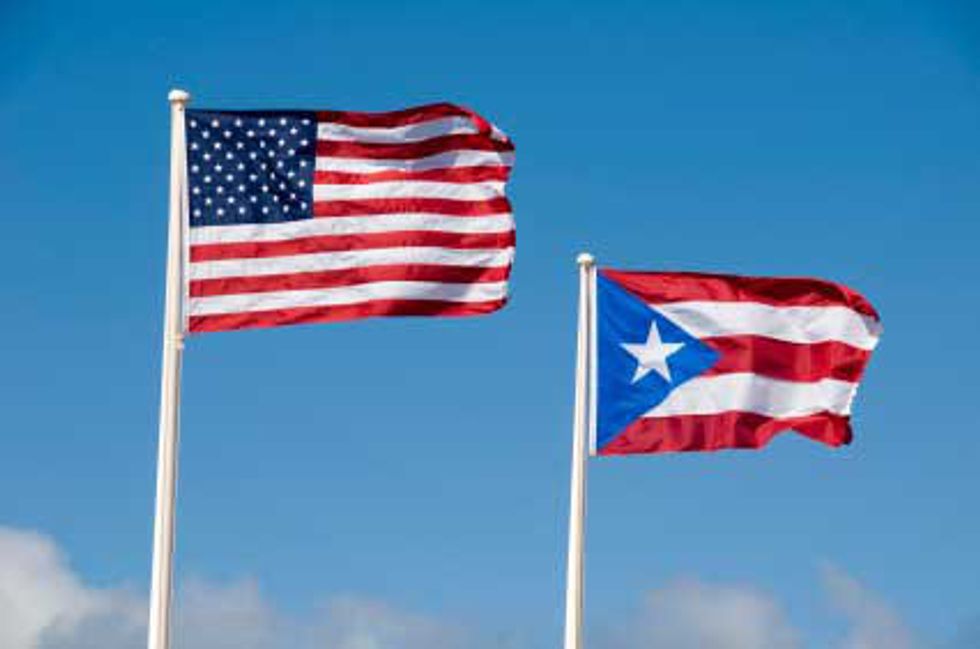There has been a lot of controversy surrounding Puerto Rico in the last few months. We have heard many things in the media about the debt crisis that is affecting the Puerto Rican people -- and we only think about the money aspect. When money is involved, we lose sight of the real problem.
There is a lack of knowledge of who Puerto Ricans are to the general American people -- and that is that they are American people, citizens with (sometimes) the same rights as the rest. I’m not going to speak about the debt crisis. I’m going to speak about what we are, who we are, and what we deserve because of these things.
History has never been straightforward or fair. Textbooks are full of stories of civilizations that are no more as well as the people that replaced them. In every classroom, in every school in America, students learn of the past. They learn of the things we have, and the things we don’t. Yet, that knowledge is not complete. The United States has territories such as Guam and the Northern Mariana Islands. Some people may know of these, others may not. Why? Because they are unincorporated territories, such as Alaska and Hawaii were until the 1950s.
1. Puerto Rico is not a country
It is a commonwealth of the United States, and has been since 1952 thanks to a man named Luis Muñoz Marín. And while there are many commonwealths in the nation, Puerto Rico is an unincorporated territory. This means that we're in the sort of in-between of being free but not really. It's okay, I find it confusing too.
2. Where the “Puerto Rican Race" comes from
Soon after the island was discovered, the Spanish people began to mine for gold and silver. After these ran out, it became a haven for sugar and coffee plantations. Yet the island was not largely populated, proving hard for so much land to be covered by such little numbers. Indians native to the island were used as slaves. When they started dying out, African slaves were introduced to the landscape. This is when unknowingly, the Puerto Rican “race” began to form—the mixing of the European, African, and native Indian races into one.
This is how Puerto Rico became a melting pot of diversity, creating a unique culture that stemmed from the mix. Puerto Ricans have no "look." We all look different.
3. It was invaded for military purposes
4. Why citizenship became a thing
During the year 1917, President Woodrow Wilson signed the Jones-Shafroth Act, declaring all Puerto Ricans citizens of the United States. This was a statutory citizenship, meaning it was a decision of congress and is not in the constitution. Though, many would argue that Wilson did this solely because the U.S. was to enter World War I only a month after, where 20,000 Puerto Ricans served the U.S. military for that war. Nowadays, Puerto Ricans are still considered natural-born U.S. Citizens, but not everyone knows that.
4. Everything in Puerto Rico’s history has resulted in a sort of identity crisis
In the United States, there are two primary political parties, both of which describe a point of view: Conservative and Liberal. In Puerto Rico, there are three political parties, but they’re not about what stance they take on issues or how they see the world. They’re all about what status they believe the island should have. We base their political parties on our identity.
The “Partido popular Democrático (Popular Democratic Party)” believes that Puerto Rico should remain a commonwealth. Their belief is that Puerto Rico should govern itself to an extent while remaining a part of the United States in the exact ways that it currently does.
Then there’s the “Partido Nuevo Progresista (New Progressive Party)”, which believes that Puerto Rico should eventually become a state of the union—or something along those lines. This party believes (and fears) that citizenship for Puerto Ricans is only temporary and only statehood will solidify the island as part of the U.S.
Lastly, there’s the least-followed party, the “Partido Independentista Puertorriqueño (Puerto Rican Independence Party)”, which believes in a Puerto Rican Republic. Though such cause is not fruitful as this is the least-followed.
5. People don't know/It's not what you think
As a Puerto Rican living in the states, I see that there are misconstructions and a lack of knowledge of what Puerto Ricans are. I remember the first time I went out for a haircut. Out of habit, the barber asked where I was from. Naturally, I said I am from Puerto Rico. This man—whom is Latino, I might add—responded with a question I may never forget: “Oh, so do you have a green card?”
This was not the first time I was faced with this question. This has happened at school with my peers, and even at a bank when attempting to open an account. People are uneducated about Puerto Rico. No one can see where our histories connect, and so we’re left in a limbo.
When people don’t know the context of why things happen, they don't make informed decisions. You can’t talk about something you don’t know. When neither side is on the same page about what is happening, nothing gets done. And when nothing gets done, things get worse and worse. And right now, things are getting worse for Puerto Rico.
We Puerto Ricans have an immense pride for our island, and we are saddened to see it crumbling. In the end, we are Americans too. Your holidays, your loses, and your victories are also ours. Let's all remember where our histories connected.
We will accept our responsibility to what we've done to our island if you accept yours in the the knowing with full context so we can act and move forward at last.


